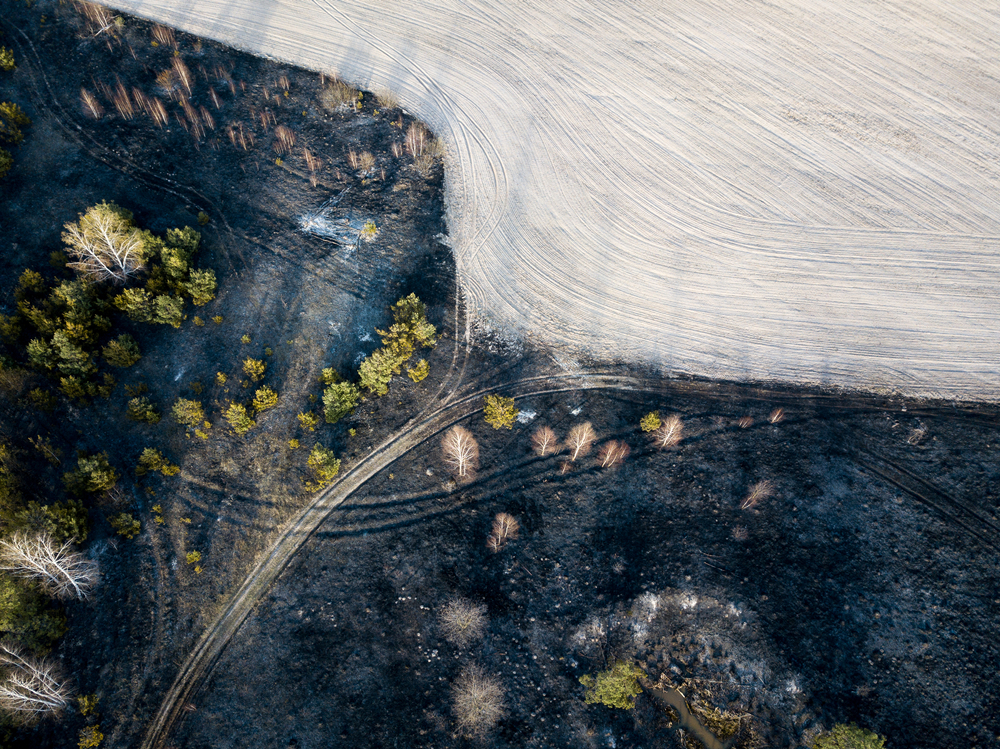The European Data Journalism Network’s transnational journalistic investigation of wildfires moves to Ukraine, which faces a surge in wildfires exacerbated by Russia’s war, impacting forests and agricultural lands. The conflict hampers firefighting efforts, posing long-term challenges and has global implications due to emissions exacerbating climate change.
Ukraine grapples with an alarming surge in wildfires, a direct consequence of Russia’s full-scale war. The ongoing conflict, absorbing vital resources and leaving behind unexploded mines, compounds the already challenging task of combating fires in the country. The latest article by Marilen Martin, published on OBC Transeuropa, examines the issue.
Despite Europe witnessing an increase in wildfires due to climate change, Ukraine’s recent escalation stems from the conflict and pre-existing issues. The nation, with 18.5% of its territory covered by forests, faces additional threats from burning agricultural residues, often illegally disposed of and spreading to nearby forests, primarily during spring and post-harvest periods. The lack of awareness and inadequate fire management practices further contribute to the heightened risk, as the article reports in the words of Sergiy Zibtsev, head of the Regional Eastern Europe Fire Monitoring Center, established in Kyiv in 2013 and sponsored by the National University of Life and Environmental Sciences of Ukraine, the Council of Europe and the GFMC.
The Ukrainian authorities, acknowledging the severity of the situation, have raised penalties for violating forest fire regulations. However, challenges persist, including insufficient training, outdated equipment, and a lack of inter-agency cooperation.
